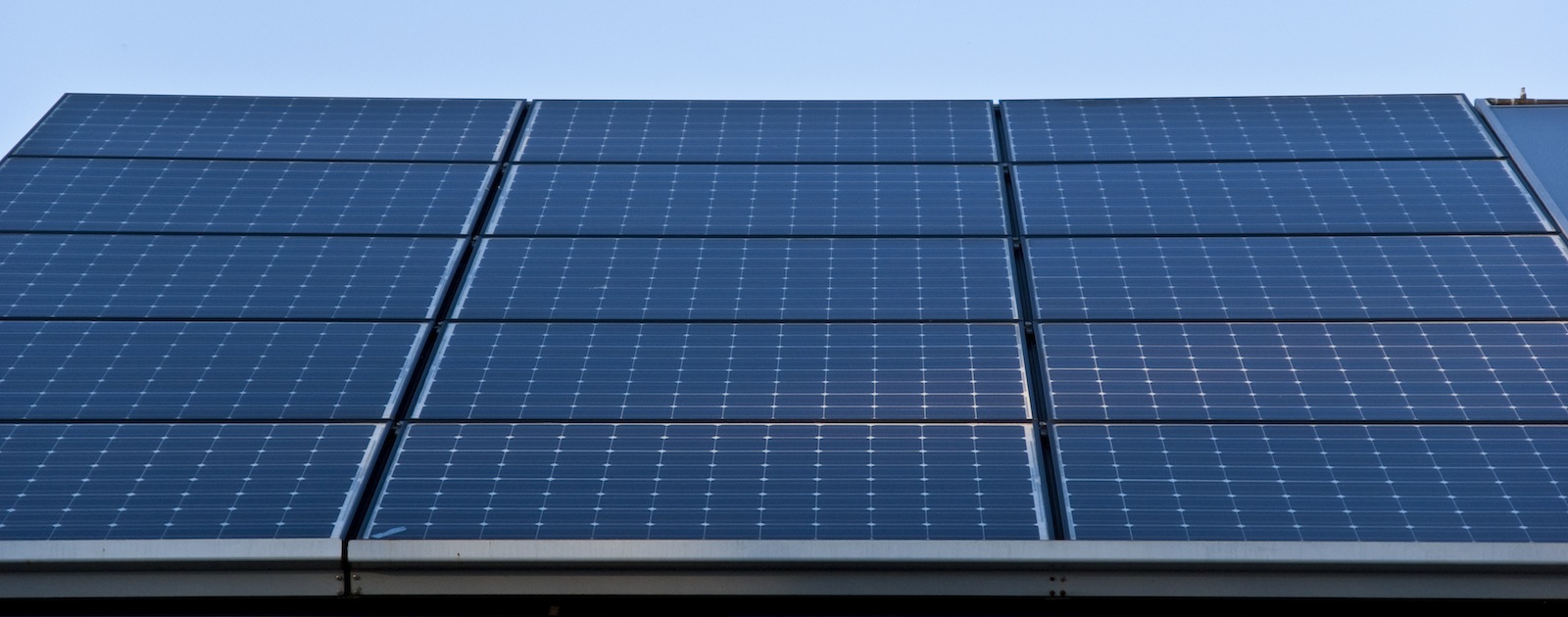
If you live in Massachusetts, then you should know that you can take advantage of many tax incentives to install solar power. Section 1603 grants are available to installations that were made prior to December 31, 2011. This program is also known as SREC. It allows you to earn money from the sale of solar energy. In five to six year, your system will be fully paid off and you can continue to make income from it throughout its lifetime.
Tax credits
Massachusetts offers tax credits that can help homeowners make solar installation more affordable. The Solar Massachusetts Renewable Target (SMART), a state program that provides incentives to homeowners who install solar panels in their homes, is offered by the government. Customers who use solar panels to power their homes can receive monthly payments through this program. The program is sponsored by Eversource and the Massachusetts Department of Energy Resources (DOER), among other utility companies. The goal of the program to generate at least 3,200 Megawatts of solar electricity in the state is the ultimate goal. Your system must be connected with one of three investor-owned utilities to be eligible. Each utility may have different requirements regarding qualifying projects. Rebates can also vary depending on the utility.
Massachusetts also offers Solar Power Performance payments, also known as production incentives. These payments allow you to receive small cash amounts depending on how your renewable energy system performs. This is a better option than paying according to the system's rated capacity. As a result, you can get credit for the electricity you produce, which will help your solar PV system pay for itself.

Exemptions from property tax
Massachusetts homeowners have the opportunity to save money by getting property tax exemptions. You must be a homeowner for at least one calendar year to be eligible. There are exemptions offered by some towns and cities, but they may not be available to all homeowners. There are different requirements to be exempted depending on where you live and the time period of your tax collection.
If you possess taxable personal assets, you must file the Form of List with your local board of appraisers. This form must be filed no later than March 1, prior to the start of the fiscal year. A Form of List must also be filed if there are any personal furnishings or effects you possess, as well as if it is for a charitable organization.
If you are a member of the Massachusetts National Guard or Reserve, you may qualify for a tax exemption on your real and personal property. Hingham, MA, recently approved a program to reduce taxes for military members and veterans. For more information contact your local assessor. If you are a veteran, you may be eligible for a reduction of up to $1500 in personal or real property taxes.
State solar incentive program
The Massachusetts state solar incentive program (SMART), was recently extended to include customers from low-income areas. The program provides incentives based on per-kWh generation from solar panels. Customers can expect to receive rebates for 20 to 35%, depending on which utility they use.

This program promotes the addition of 1.6 GW of solar power capacity in Massachusetts. The state has set up eight 200-MW sequential tariff schedules that are awarded on a first-come, first-served basis. The reimbursement for solar energy systems is determined by when you sign the contract. Massachusetts averages $950 per annum in SMART payments to solar energy systems.
The SMART program is a complex system of incentives that is designed to steer the profile of solar projects towards energy equity, distributed generation, and reliability. This program provides a spreadsheet tool that allows you to calculate incentives. The program also requires that all solar projects adhere to a net billing policy. Massachusetts law provides that homeowners who have solar projects with less than 60 kW will be compensated by the utility by receiving a discount off their retail rate of energy.